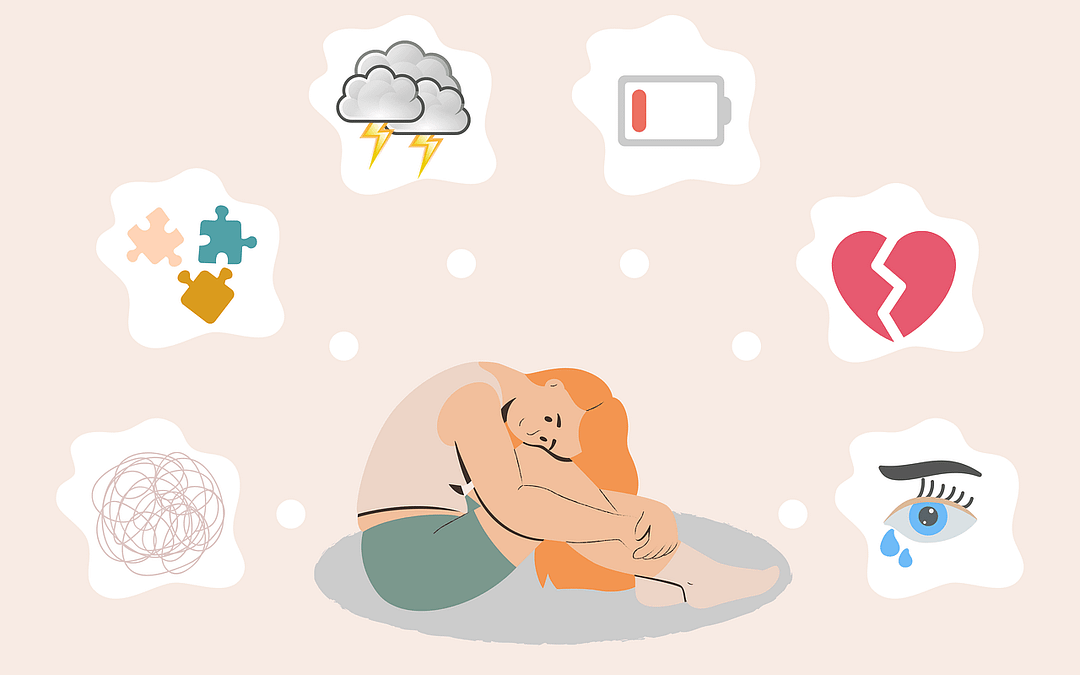Every year, World Mental Health Day is celebrated on the 10th October and aims to raise awareness and improve knowledge of mental health issues, as well as drive positive change. Having good mental health is an integral part of our wellbeing, allowing us to cope with any challenges and reach our full potential. One in four people will experience a mental health problem at some point in their lives. Mental health problems can be caused by a variety of factors, including genetics, brain chemistry, life experiences, and trauma. Mental health can have a detrimental impact on physical health, relationships with others, and overall wellbeing.
Theme for 2023
This year’s theme is ‘Mental Health is a universal human right’. No matter who they are, everyone has a right to positive mental health and to be protected from risks to mental health. Having a mental health condition should never be a reason to deprive a person of their human rights. However, across the World, many people with mental health conditions continue to experience a wide range of human rights violations. Many are excluded from their communities, discriminated against, and unable to access the mental health care they need.
Talking About Mental Health
World Mental Health Day is an opportunity to open up and talk about our own mental health, and why it is important to seek support if you are struggling. However, starting a conversation is not always easy. You may feel worried about upsetting those close to you, or feel nervous about how it may impact your relationships with others. Therefore, here are some tips to help.
- Confide in someone you trust: Talking to a friend or family member about how you are feeling can make you feel like a weight has been lifted. Alternatively, you may want to talk to someone you don’t know personally, and there are many support helplines that allow will you to do that.
- Think about the best time and place. It is vital that, when talking about your mental health, you choose a time and place that you feel comfortable. For example, somewhere quiet and private. Many people find it easier to talk about mental health whilst they are engaging in another activity, such as walking or doing the washing up.
If someone wants to talk to you about their mental health, it is important to be patient and listen to them without judgment. Ask open-ended questions which will help the other person to share as much as they want to share. Also, be respectful of the other person’s boundaries; if the other person doesn’t want to talk about something, don’t pressure them. Most importantly, offer support and encouragement. Let the other person know that you’re there for them, and that you care.
It’s Always OK to Ask For Help
If you are concerned about your mental health, the first step is to talk to your GP. They can assess your symptoms, rule out any underlying physical causes, and develop a treatment plan with you. Treatment may involve medication, therapy, or a combination of both. When talking to your GP about your mental health, be honest and open about how you are feeling, and try to be specific about your symptoms and how they are affecting your life.
If you are not comfortable talking to your GP about your mental health, there are other resources available to you. You can talk to a friend or family member, or contact a mental health charity or support group. You can also find information and advice online.
Remember you can also contact your Showcase Training tutor, our Mental Health First Aider (Lauren Toole), our Mental Health Lead (Nicola Bailey), or our Safeguarding Lead (Ellen Mould) if you are unsure of where to turn to. Just call us on 0330 320 9230 or on our direct numbers if you have them.
Remember, you are not alone. There are people who care about you and want to help you.
Useful Contacts
The NHS: The NHS provides a variety of mental health services, including individual and group therapy, medication management, and crisis support. You can find your local NHS mental health services by searching online or calling 111.
Mind: Mind is a mental health charity that provides information and support to people with mental health problems and their families. You can visit their website at https://www.mind.org.uk/ to learn more about their services.
Sane: Sane is a mental health charity that provides support to people with mental health problems and their families. You can visit their website at https://www.sane.org.uk/ to learn more about their services.
Samaritans: Samaritans is a charity that provides confidential emotional support to people in distress. You can call them 24/7 on 116 123.
CALM: CALM is a charity that provides support to men who are struggling with their mental health. You can call them 24/7 on 0800 58 58 58.
Mental Health UK: If you, or someone close to you, has been diagnosed with a mental health condition, you may want to learn more about it. Mental Health UK have an A-Z list of mental health conditions which may be useful if you want to learn about symptoms, treatments, and useful contacts – https://mentalhealth-uk.org/help-and-information/conditions/
If you are in a crisis, please call 999 or go to your nearest A&E department.

